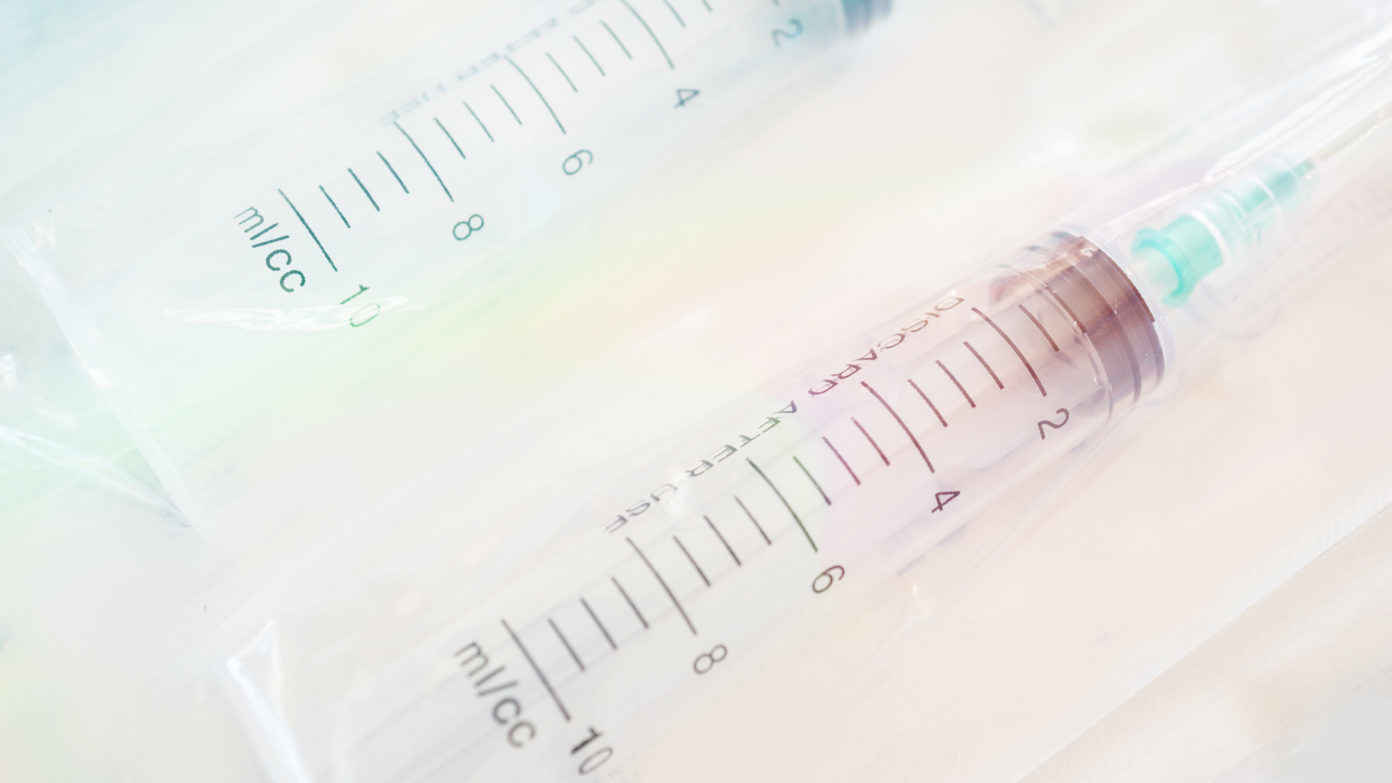Federal Restrictions on Funding for Syringe Services Programs
November 21, 2019
Overview
The Network’s Harm Reduction Legal Project has received several questions recently regarding the use of federal funds for the operation of syringe service programs (SSP). SSPs are places where people who inject drugs (PWID) can receive new syringes and other injection equipment and drop off used supplies. They typically also provide other harm reduction and health promotion services including hepatitis C and HIV testing, the overdose reversal medication naloxone, and referrals to treatment. When operated according to best practices, they provide these services in a supporting, caring, and stigma-free environment.

As the CDC notes, “Nearly thirty years of research shows that comprehensive SSPs are safe, effective, and cost-saving, do not increase illegal drug use or crime, and play an important role in reducing the transmission of viral hepatitis, HIV and other infections.” Unfortunately, legal, regulatory, and funding barriers continue to limit access to this proven intervention. Despite recent injection-related HIV outbreaks in Indiana, Kentucky, Ohio, Massachusetts, and West Virginia, many PWID do not have access to SSPs. Legal changes are urgently needed to remove barriers to the operation and funding of these public health interventions, preferably by removing syringes from the definition of drug paraphernalia in state laws or repealing paraphernalia laws entirely.
In addition to legal barriers criminalizing the possession of or distribution syringes, many states prohibit the use of state funds for the operation of SSPs. These restrictions – which have no empirical justification and almost surely result in higher public expenditures in the form of increased bloodborne disease infection and other healthcare costs – mean that SSPs must look beyond state or local sources for the resources necessary to provide services and supplies. While several non-governmental sources provide such funding, the federal government also has an important role to play.
While the use of federal funds to operate SSPs has been limited in various ways in the past, nearly all of these restrictions have since been lifted. Under current federal law, the Departments of Labor, Health and Human Services, and Education are prohibited from using federal funds to purchase syringes that will be used to inject illegal drugs. However, this restriction does not apply to other federal departments, and the impacted departments may use federal funds for all other legal SSP-related purposes, so long as:
a) the CDC has determined that the jurisdiction in which the SSP operates is experiencing or at risk for a significant increase in hepatitis C or HIV infection due to injection drug use, and
b) the program is operating in accordance with state and local law.
As of late 2019, CDC has determined that 39 states, one tribal nation, six counties, and one city are experiencing or at risk for a significant increase in hepatitis C or HIV infection due to injection drug use.
Where those conditions are met, funds from the impacted departments may be used for nearly any SSP-related activity, including paying staff, purchasing non-injection supplies such as condoms, alcohol pads, and sterile water, and outreach and navigation materials. In general, HHS-funded agencies must obtain approval from the funding source before using HHS funds for these activities, but this is true for most uses of grant funds. In general, however, so long as federal funds are not used to purchase syringes, the SSP is operated in accordance with state law, and the relevant funder approves of the use of the funding, federal funds can be used for SSP operation. For any questions regarding federal, state, or local laws regarding the funding or operation of SSPs, please contact the Harm Reduction Legal Project.
This blog was developed by Corey Davis, J.D., M.S.P.H, Director of the Harm Reduction Legal Project and Deputy Director, Network for Public Health Law – Southeastern Region Office.
The Network for Public Health Law provides information and technical assistance on issues related to public health. The legal information and assistance provided in this document do not constitute legal advice or legal representation. For legal advice, readers should consult a lawyer in their state.
Support for the Network is provided by the Robert Wood Johnson Foundation (RWJF). The views expressed in this post do not necessarily represent the views of, and should not be attributed to, RWJF.
